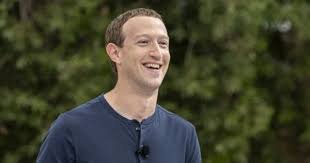In the world of Silicon Valley, no one has ridden the wave of social connectivity quite like Mark Zuckerberg. With a hoodie, a dorm room, and a bold vision, he turned a college networking site into Facebook — a global empire with billions of users. Zuckerberg’s throne, built not on gold or conquest, but on friend requests and likes, revolutionized how we connect. 👑💼
Yet as history teaches us, every empire faces its moment of reckoning. The bigger the throne, the louder the echoes of unrest beneath it. Is Zuckerberg’s digital kingdom approaching that critical tipping point — where the very foundation it was built upon begins to crumble?
### The Birth of the Digital Throne
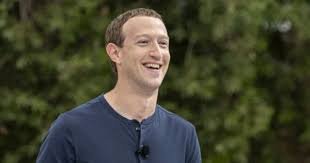
When Mark Zuckerberg launched TheFacebook in 2004, it was designed as a Harvard-only networking tool. But its appeal exploded rapidly. Within months, it expanded to other Ivy League universities. Within a few years, it went global. By 2008, Facebook was no longer a startup — it was a force of nature.
Its strength? The simple _friend request_. It was Facebook’s signature move — a digital handshake, a connection that brought people closer in a virtual world. It democratized relationships, turning acquaintances, colleagues, and even strangers into online friends.
Zuckerberg’s throne was built on this idea — the promise of connection, the illusion of closeness, the dopamine of likes and comments. The more we clicked, the more powerful he became.
### The Facebook Effect: A Kingdom Without Borders
Zuckerberg didn’t just build a platform; he created a parallel universe. Facebook redefined friendship, communication, marketing, and even political campaigning. The company acquired Instagram and WhatsApp, expanding its influence even further.
In doing so, he positioned himself not just as a tech CEO, but as a global digital monarch. Billions now use Facebook’s family of apps. From news feeds to stories, from memes to livestreams — the Zuckerberg kingdom touches nearly every corner of the internet.
But with such immense influence comes immense scrutiny.
### Data Scandals and Privacy Backlashes: Cracks in the Throne
The first major crack appeared with the Cambridge Analytica scandal. Suddenly, the world realized that friend requests and likes came at a cost — _our data_. Personal information wasn’t just being collected, it was being used to manipulate behavior.
The backlash was fierce. Hashtags like #DeleteFacebook trended. Congressional hearings followed. Zuckerberg was grilled on Capitol Hill, struggling to explain Facebook’s data practices to skeptical lawmakers.
Despite public apologies and revised privacy policies, the damage was done. The once-trusted king of social connection was now viewed as a gatekeeper of digital surveillance.
### The Metaverse Pivot: A Desperate Expansion or Visionary Move?
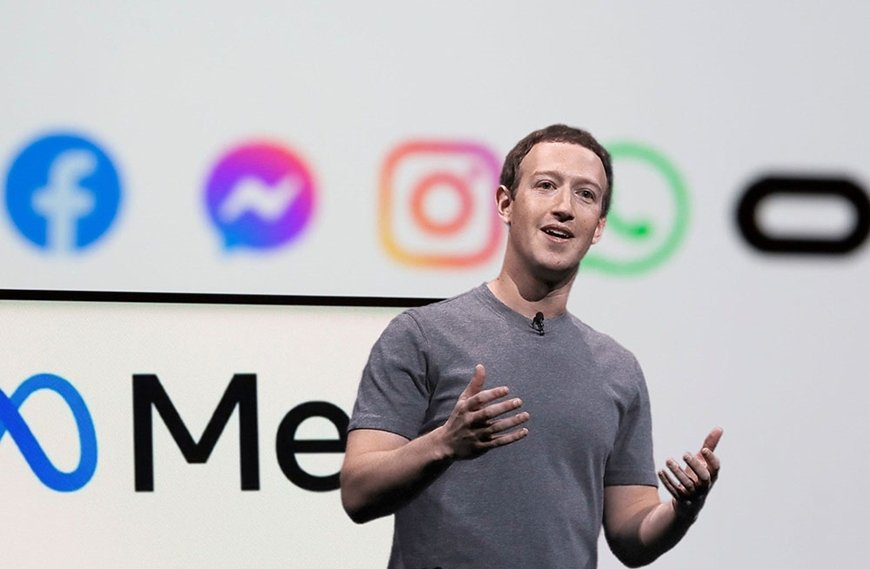
In 2021, Zuckerberg made a bold move: Facebook Inc. became Meta Platforms. The new mission? Build the Metaverse — a fully immersive virtual world where people could work, play, and socialize in 3D environments.
The name change was symbolic. It was an attempt to rebrand the company, to pivot from the controversies of the past and refocus on the future.
But critics saw it differently. Many labeled it a distraction, an expensive gamble designed to deflect attention from Facebook’s declining youth user base and growing public distrust.
Billions have already been poured into this dream. Meta’s virtual reality products, including Oculus and Horizon Worlds, are ambitious. But adoption has been sluggish. And many still question whether people really want to live in Zuckerberg’s simulated universe.
### Algorithmic Control and the Decline of Organic Reach
Another major turning point was the manipulation of algorithms. Facebook’s newsfeed, once a place to see posts from friends and family, became an opaque engine prioritizing engagement at all costs.
Posts that triggered outrage or strong emotions rose to the top. Fake news, conspiracy theories, and divisive content flooded the platform. The algorithm didn’t care about truth — it cared about clicks.
Small businesses and content creators were particularly hit. Organic reach plummeted. Pages that once thrived were now forced to pay for visibility.
This shift eroded trust. The platform that promised equal voices was now pay-to-play, driven by engagement metrics and ad revenue.
### Mental Health Impacts: A Throne Built on Addictive Design?
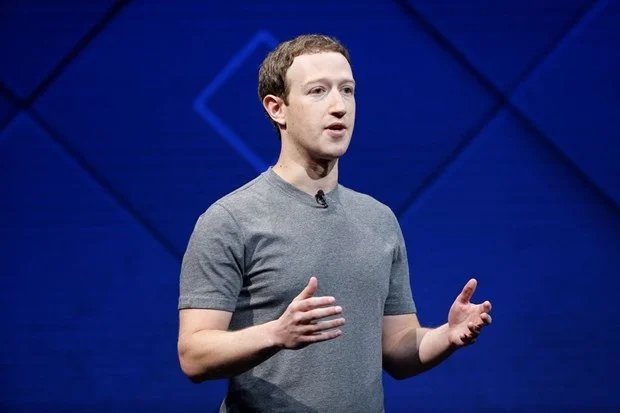
Studies began linking heavy social media usage to anxiety, depression, and loneliness, especially among teens and young adults. Instagram, owned by Meta, came under fire for worsening body image issues among girls.
Former Facebook employees turned whistleblowers. Leaked documents revealed internal research acknowledging these harms — but little was done to address them.
Zuckerberg’s throne, once seen as a beacon of connection, began to look more like a digital casino — engineered to keep users hooked, no matter the psychological cost.
### Regulatory Storms on the Horizon
Governments worldwide have started to push back. The European Union has enforced stricter privacy laws (like GDPR). The U.S. is increasingly discussing breaking up big tech, targeting Facebook’s acquisitions of Instagram and WhatsApp.
Antitrust lawsuits are mounting. Lawmakers on both sides of the political aisle agree on one thing: tech monopolies must be checked.
Zuckerberg, once the golden boy of innovation, now finds himself in the crosshairs of global regulation. The throne is being shaken — not by users, but by legislators.
### Competition and the Rise of New Platforms
While Facebook still dominates in terms of users, its cultural relevance is fading. Gen Z is migrating to TikTok, Discord, Snapchat, and other platforms that feel more personal, more real, more entertaining.
Meta’s attempts to clone competitors — like Reels to counter TikTok — have seen mixed success. But the fact remains: Zuckerberg’s kingdom is no longer the only game in town.
As user loyalty shifts, so does the center of gravity in social media. The friend request — once a symbol of digital power — now feels outdated in a world of short-form video and ephemeral content.
### AI and the Next Battle for the Internet
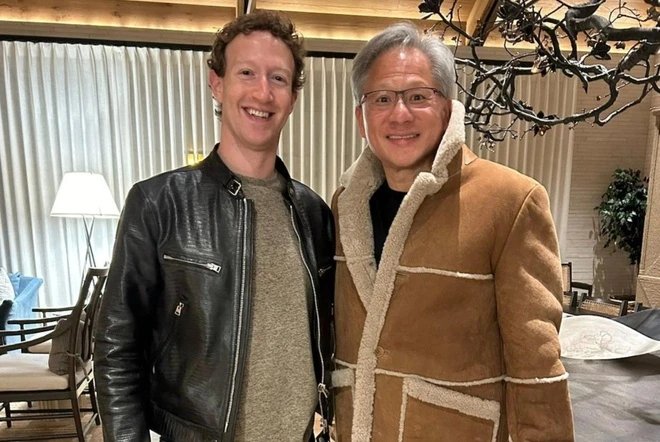
With artificial intelligence becoming the next frontier, Zuckerberg is racing to catch up. Meta has launched its own AI research and integration efforts, but it trails behind giants like OpenAI, Google DeepMind, and Microsoft.
In the AI era, the question isn’t just who connects people — it’s who controls intelligent systems. And Zuckerberg’s position is far from guaranteed.
As the internet evolves, users demand more transparency, authenticity, and decentralization. The old model of centralized power is being challenged. Blockchain, Web3, and open-source technologies could rewrite the rules entirely.
### The People’s Revolt: When the Users Become the Kings
The most existential threat to Zuckerberg’s throne isn’t regulation or competition. It’s the users themselves.
People are becoming more aware of how their data is used. More are choosing platforms that protect privacy, offer decentralization, or simply feel more human. Communities are moving off mainstream networks into niche, interest-driven spaces.
Movements like #DigitalMinimalism, data sovereignty, and algorithm-free timelines are gaining traction. In this new paradigm, the user holds the power — not the platform.
And if enough people decide to flip the table, the throne will no longer stand.
### Final Thoughts: How Long Before the World Flips the Table?
Mark Zuckerberg’s throne was undeniably visionary. It connected billions, reshaped the digital landscape, and made him one of the most powerful figures of the 21st century.
But power built on friend requests and attention economies can be fleeting. As the tide of culture shifts, as regulations tighten, and as new technologies emerge, the question becomes not if — but _when_ — the world will flip the table.
Will Zuckerberg adapt and evolve once more? Or will his throne become a relic of a bygone digital era?
Only time — and the users — will tell.
